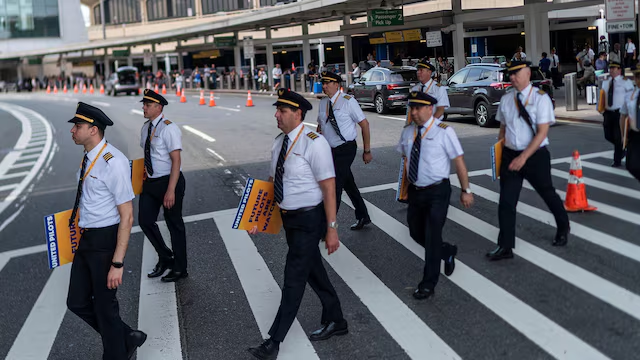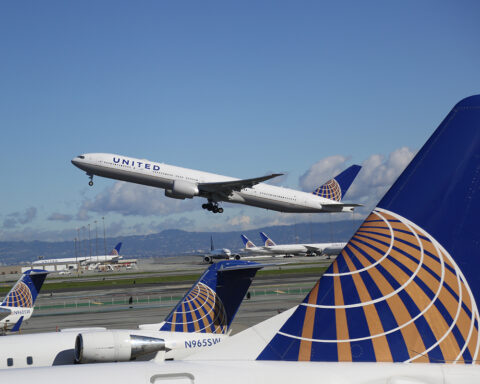In a significant development, US lawmakers have clinched an agreement to reinforce aviation safety measures while maintaining the current pilot retirement age. Early Monday, U.S. House and Senate negotiators decided not to increase the airline pilot retirement age from 65 to 67, focusing instead on enhancing air traffic control staffing and funding to prevent runway incidents. This bipartisan decision arrives amidst pressing safety concerns and is part of a broader $105 billion, five-year legislative proposal to reauthorize the Federal Aviation Administration (FAA).
Key Legislative Changes
Maintaining Pilot Retirement Age
Despite previous considerations by the House of Representatives to increase the mandatory retirement age for pilots to 67, the Senate Commerce Committee’s rejection in February kept the age limit at 65. This decision aligns with international aviation rules restricting pilots over 65 from operating in most countries outside the United States.
Enhancing Safety and Compliance
The legislative proposal mandates significant upgrades in aviation safety. Airplanes will now be required to install 25-hour cockpit recording devices. Additionally, the bill directs the FAA to deploy advanced technology to monitor airport surfaces, aiming to prevent potential collisions. These measures follow recent near-miss incidents and other emergencies, highlighting the urgency of robust safety protocols.
Consumer Protections and Penalties
To protect airline passengers, the new bill prohibits airlines from charging extra fees for families wishing to sit together. It also extends the validity of vouchers and credits to a minimum of five years. While the bill eschews some of the stricter consumer regulations proposed by the Biden administration, it substantially increases the maximum civil penalties for airline consumer violations from $25,000 to $75,000 per incident.
The agreement reached by US lawmakers marks a critical step towards enhancing the safety and consumer standards of the nation’s aviation industry. As noted by Senate Commerce Committee chair Maria Cantwell and her colleagues, this legislative push underscores the importance of decisive congressional action in maintaining America’s “gold standard” in aviation. With these changes, the FAA will receive the strong guidance and resources needed to tackle existing and emerging challenges in air travel safety.



